
Tycel Phillips, MD, spoke about the impact the glofitamab CRL had on the landscape of bispecifics in lymphoma.

Your AI-Trained Oncology Knowledge Connection!


Tycel Phillips, MD, spoke about the impact the glofitamab CRL had on the landscape of bispecifics in lymphoma.

A meta-analysis did not find any correlation between pathologic complete response and overall survival or disease-free survival in patients with rectal cancer.
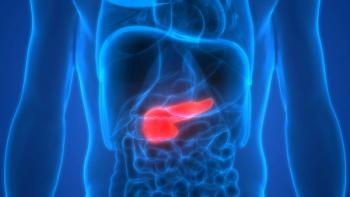
After the predictive probability of achieving superiority with mFOLFIRINOX or S-IROX was less than 1%, the trial was terminated due to futility.
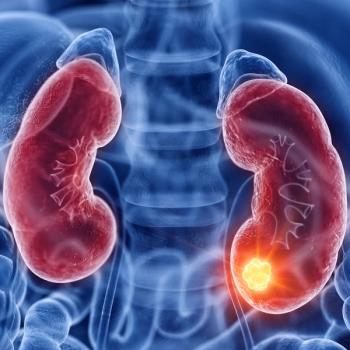
Additional correlative data and further prospective clinical investigations are needed to inform biomarker-directed advanced RCC treatment.

Significantly improved survival was observed with oxaliplatin among patients aged 60 to 70 years with stage III CRC but not among those older than 70 years.

D-MNA achieved complete clinical clearance in 60% of patients, with no dose-limiting toxicities or serious adverse effects observed in those with basal cell carcinoma of the skin.

Peter Martin, MD, discusses the complexities of treating relapsed MCL after treatment with a BTK inhibitor.

The biomarker NLR may not be suitable for prognosis prediction in older patients with small cell lung cancer, according to findings from this real-world study.

Historical standards for H3K27M-mutant diffuse midline glioma treatment may harm healthy central nervous system cells, according to Ashley L. Sumrall, MD.

Peter Martin, MD, discusses the shifting paradigm for treating fit, transplant-eligible patients with MCL.

The confirmed ORR was 40.0% in cohort 1A and 66.7% in cohort 1B of patients treated with sacituzumab tirumotecan/tagitanlimab for advanced NSCLC.

TTFields plus chemotherapy significantly prolonged overall survival compared with chemotherapy alone in patients with pancreatic cancer.

The safety profile of carfilzomib, lenalidomide, and dexamethasone was tolerable in fit patients with newly diagnosed multiple myeloma.

A survey found that patients believed dermatologic AEs were more prevalent with anti-cancer therapies than what has been reported.

Induction chemotherapy may allow investigators to biologically select patients with a favorable prognosis who benefit most from chemoradiotherapy.
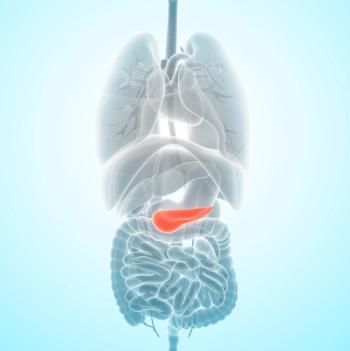
The retrospective study is the largest to evaluate the relationship between dose-averaged LET profiles and local control after CIRT for pancreatic cancer.

Historical standards for H3 K27M–mutant diffuse midline glioma treatment may harm healthy central nervous system cells, according to Ashley L. Sumrall, MD.
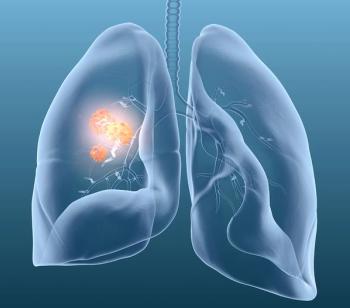
No treatment-related deaths were observed with radiotherapy for extensive-stage small cell lung cancer, and most adverse effects were grade 1 or 2.

Bridging therapy with talquetamab achieved “notable” disease control among patients with multiple myeloma in a retrospective study.

The median PFS and OS were 5.5 months and 11.2 months, respectively, with nivolumab plus carboplatin/cisplatin and etoposide in patients with small cell lung cancer.

Prior data from the STRESS-LUNG-1 trial introduced emotional distress as a “psycho-biomarker” for immunotherapy efficacy in non–small cell lung cancer.

Dordaviprone was recommended at a dose of 625 mg orally once weekly for adults, and the recommended dosage is based on body weight for pediatric patients.

A systematic review of 8 randomized trials showed that anti-CD38 monoclonal antibodies did not improve overall survival in high-risk subgroups.
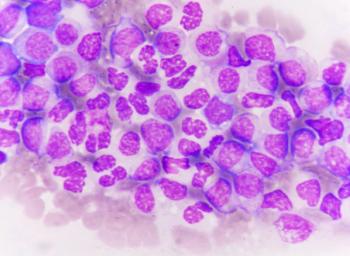
No minimal residual disease-negativity was observed with tuspetinib in patients with AML, including in a patient with more than 7 months of follow-up data.

Phase 3 findings may contribute to the selection of triplet or quadruplet therapies in newly diagnosed multiple myeloma via frailty-based assessments.

The EC decision is based on phase 3 DeFi trial results, in which nirogacestat met the primary end point of PFS in patients with progressing desmoid tumors.

Phase 1 data may support continued research of amphiphile lymph node–targeted immunotherapy in solid tumors.

Extended follow-up for individuals with H3K27M-mutated diffuse midline glioma may help explain the duration of response across patient subgroups.
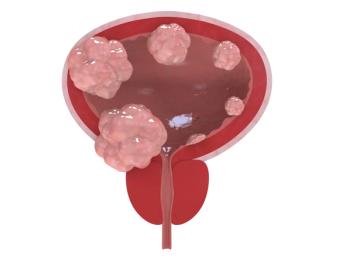
Patients with muscle-invasive bladder cancer with a positive Signatera test displayed a significant improvement in disease-free and overall survival.

Daniel C. McFarland, DO; and Michelle Fingeret, PhD, discuss the issue of body image in patients with cancer.